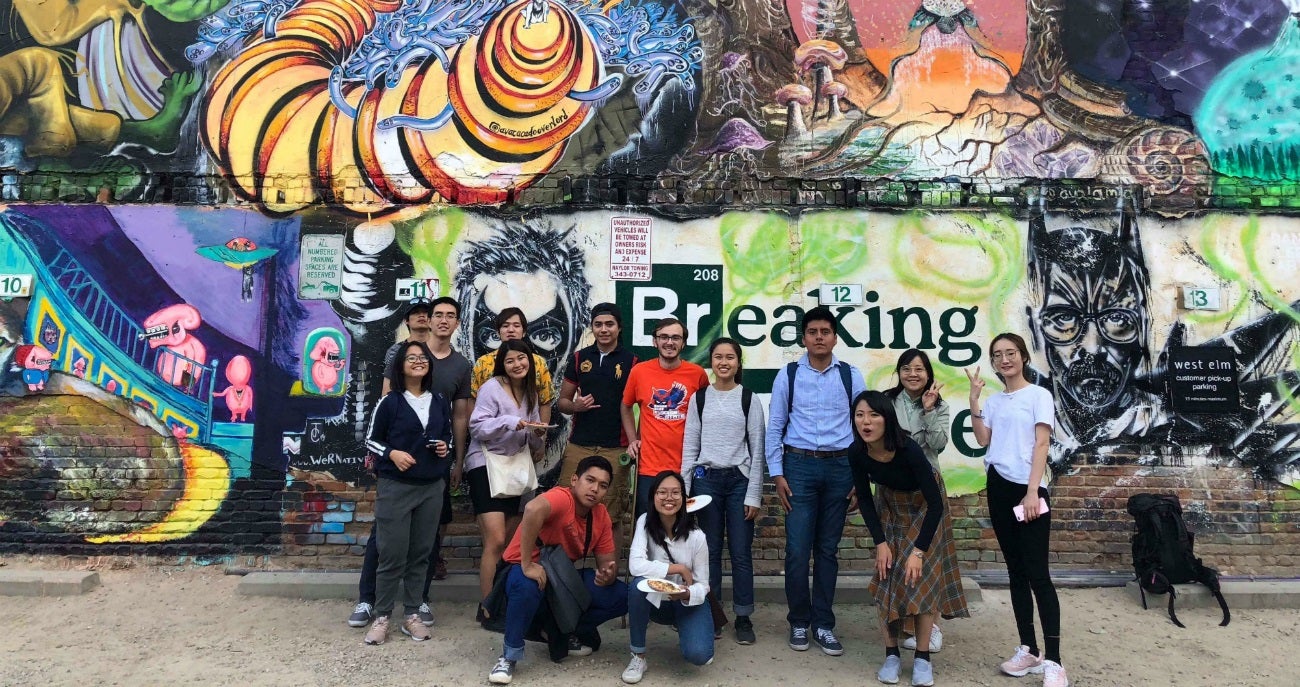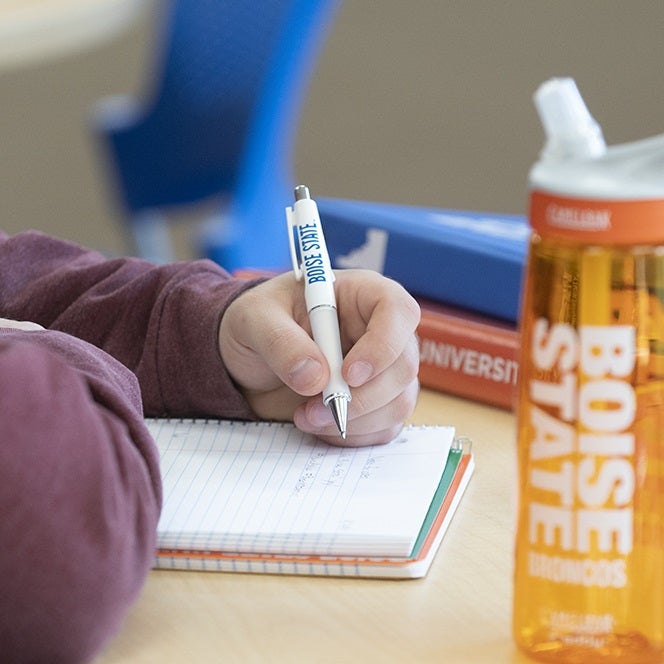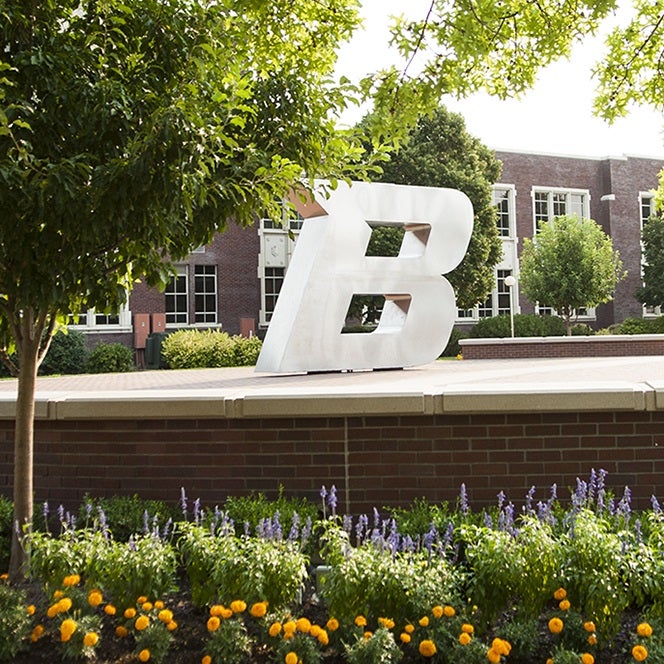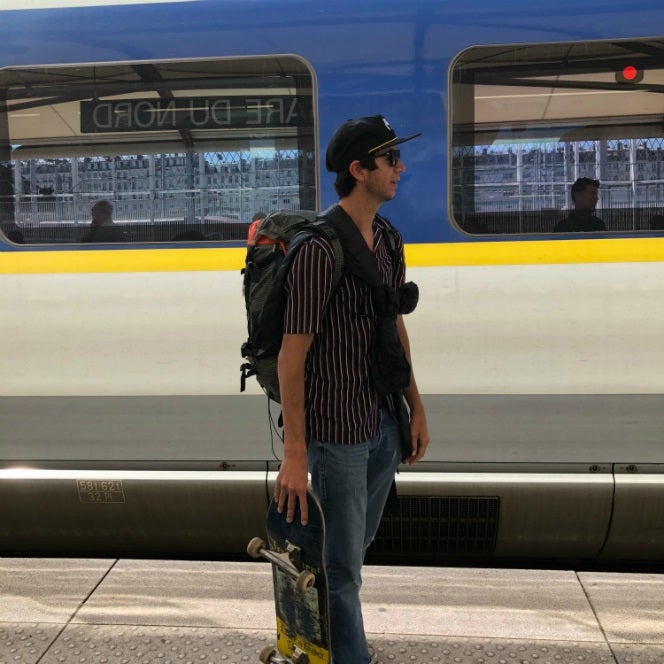Study
How many credits to I have to take each semester?
Undergraduate students must enroll in 12 credits each semester, of which 9 credits must be on-campus courses (not online). You do not have to register for summer courses.
Graduate students must enroll in 9 credits each semester, of which only one course (maximum 3 credits) can be online. If you have finished all your formal coursework and have just a comprehensive exam, thesis, or dissertation remaining then you can be in less than 9 credits.
All students can study less than full-time in their final semester if it is approved in advance by ISS. If you wish to take your final semester on campus then you must have at least one required course that is on campus. This is also the case if you are finishing your degree in the summer session.
It's my final semester. Do I have to study full time?
You do not have to study full time in your final semester, but you must have advance permission from ISS. If you wish to take your final courses from within the U.S. and/or you want to apply for post-graduation work authorization (OPT) then you must have an on-campus course in your final semester. If you only have online courses remaining then you would be expected to take those courses from outside the U.S.
What are the full time study exceptions?
An advisor in International Student Services may authorize a Reduced Course Load (RCL) for the following reasons:
- Initial difficulty with American teaching methods (first semester only)
- Initial difficulty with the English language or reading requirements (first semester only)
- Improper placement in a particular course level
- Last semester of the academic program and graduation due at the end of that particular semester
- Graduate student with only thesis or dissertation remaining (this is not the case for graduate students pursuing projects)
- Medical reasons (maximum of one year per academic level)
Students authorized for a reduced course load based on approved academic reasons (1-3) must still enroll in at least six credits.
Contact the International Student Services Office before you drop below full time to learn if you qualify for an RCL. We are here to answer any questions about the RCL application paperwork.
I failed a required class and won't graduate as scheduled. What do I do?
Contact ISS as soon as you realize you will not graduate as scheduled. This is very important if you have an OPT application pending or approved, or if you will need an I-20 or DS-2019 extension.
All I-20 and DS-2019 extensions must be requested before the I-20 or DS-2019 program end date.
I'm planning to do a study abroad experience. Do I need to tell ISS?
Studying abroad can be a great way to further enrich your degree at Boise State University! If you are planning to study abroad for a semester or year then notify an immigration advisor in ISS. We will update your SEVIS record to note that you are studying abroad as part of your degree. Don’t forget you will need a valid F1 or J1 visa and travel signature when you return to the U.S. to complete your degree.
I'm doing research and field work outside the U.S. What happens to my F1 or J1 status?
If you are planning to do thesis or dissertation field research abroad for a semester or year then notify an immigration advisor in ISS so that we can get you the correct paperwork to authorize it from an immigration perspective. Then we will update your SEVIS record to note that you are completing research abroad as part of your degree. Don’t forget you will need a valid F1 or J1 visa and travel signature when you return to the U.S. to complete your degree.



